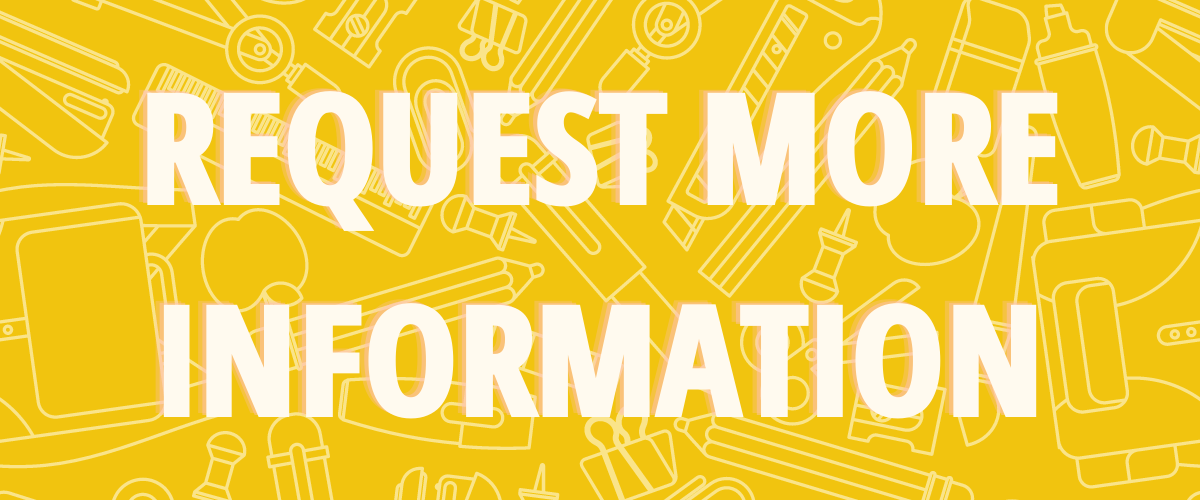

Community Lifestyle at DNS
At DNS, students and teachers study, travel, work, cook and share their lives together for the duration of the programme. In this way DNS serves as an intentional community where education, societal understanding, and impactful action come together.
What does Community Life mean to us?
Community life means living and sharing life together. Besides the romanticized “power of collective” – it also includes chores. You are not only responsible for yourself, but also for the functioning of the community. Together we take care of cleaning, recycling, meal planning and cooking, gardening in the school’s organic garden, etc…
Most of the responsibilities involve more than one person at a time, so it is not an issue if you are not sure how to go about it. The responsibility areas are discussed at common meetings and divided between the students and teachers.
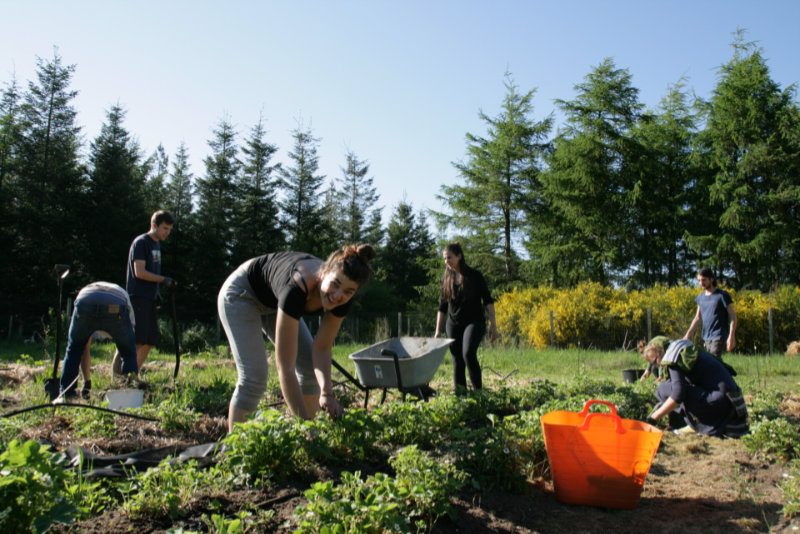
A garden action at DNS. Growing lots of organic vegetables for the community!
You don’t join DNS as it is, you join DNS as it’s going to be.
Besides practical responsibilities each student has, there is always the possibility to bring your social, cultural or political interests to be part of the school life. Your passions or hobbies can be part of the programme or school life to enrich your teammates and the rest of the community.
This has over the years led to proposals in common meetings to establish climbing clubs, creativity & art groups, volleyball tournaments or a school band. Your passions shape the school and your team and become part of the education.
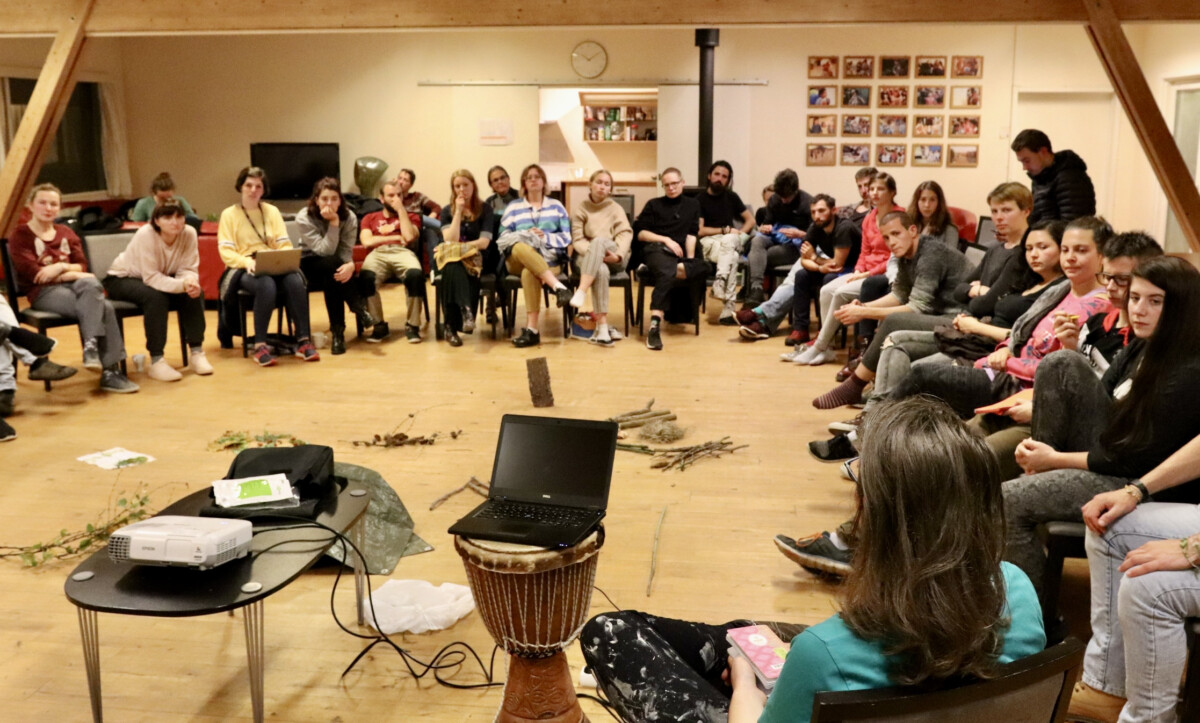
Common meetings are held weekly: the teams and teachers discuss together school and community matters, reaching decisions by consensus.
Power of community: If not us, then who?
While contributing to all of this, the students realise how much they can reach together while tasks are shared between them. Another realisation is that “making a difference” takes hard work. Things don’t happen unless someone decides to get them done.
During the training at DNS, the students have the opportunity to practice how to bring about change, and to experience the power of community and get a deep understanding of what it means to run an educational institution.
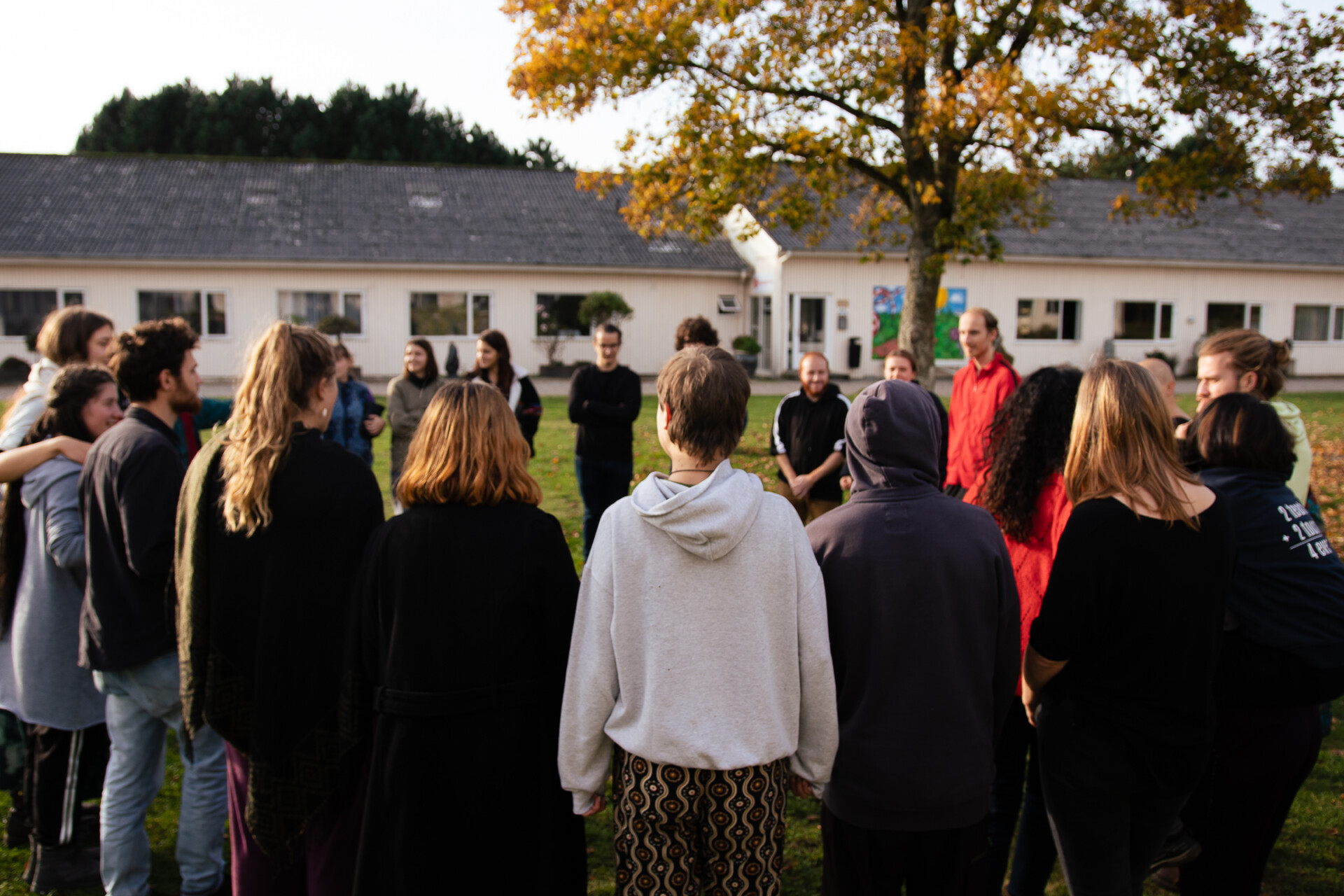
Common games. Students from different teams enjoying their time together.
An example of a week in the DNS programme
Wondering what it is like to spend a week in DNS? Here’s an example of what your schedule might look like, as a DNS student, although no two weeks are ever the same!
Week plans are first discussed commonly, then in the teams, on Monday mornings. It is up to the team to plan out your projects and make time for what you love or what you find relevant each week. Some teams might decide to set aside some time for sports each day, while others would rather organize weekly creative or social moments. During the busiest times of the programme, expect your schedule to be filled with meetings or working time — although it is always up to you and your team how you choose to manage your days!
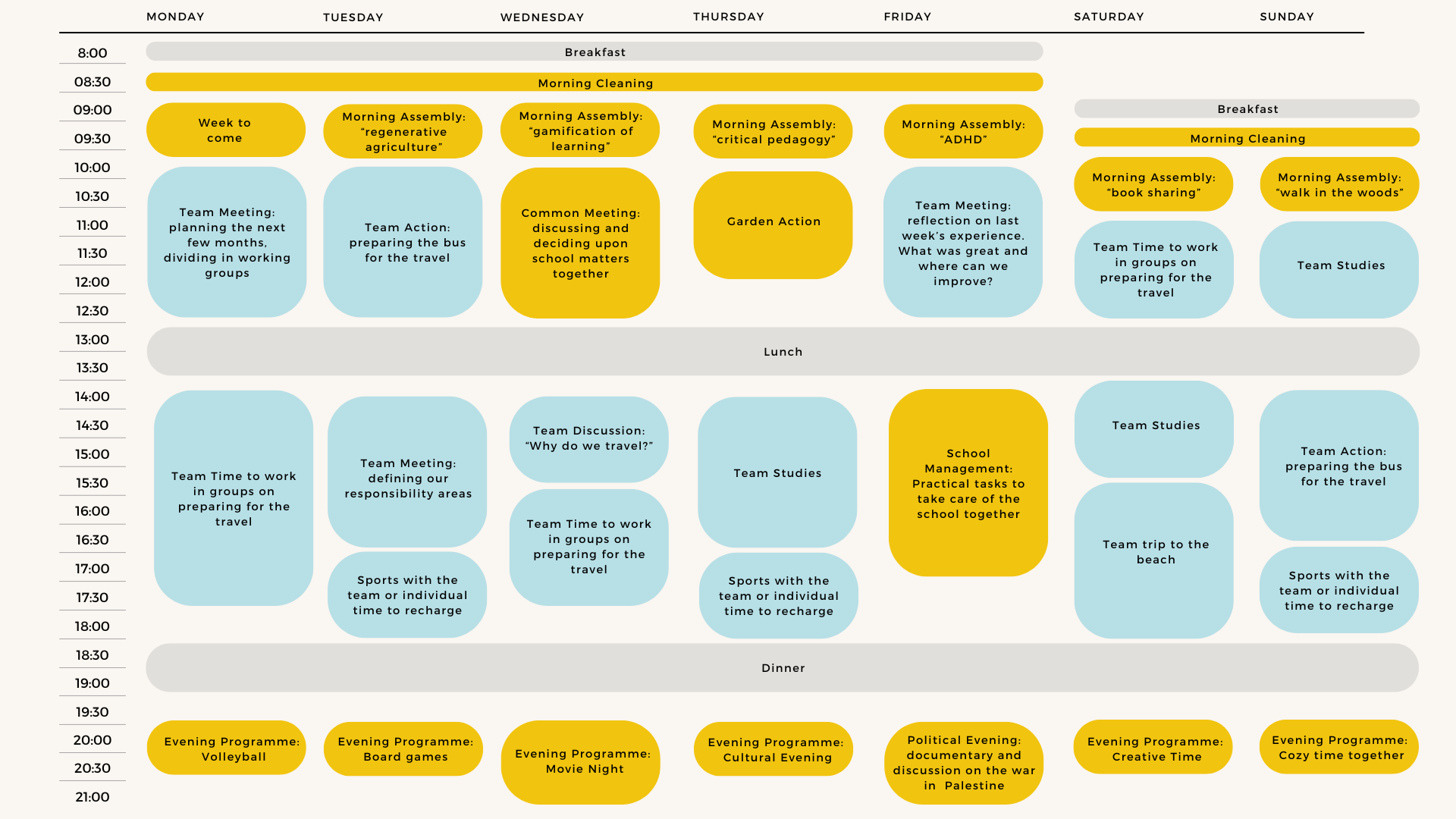
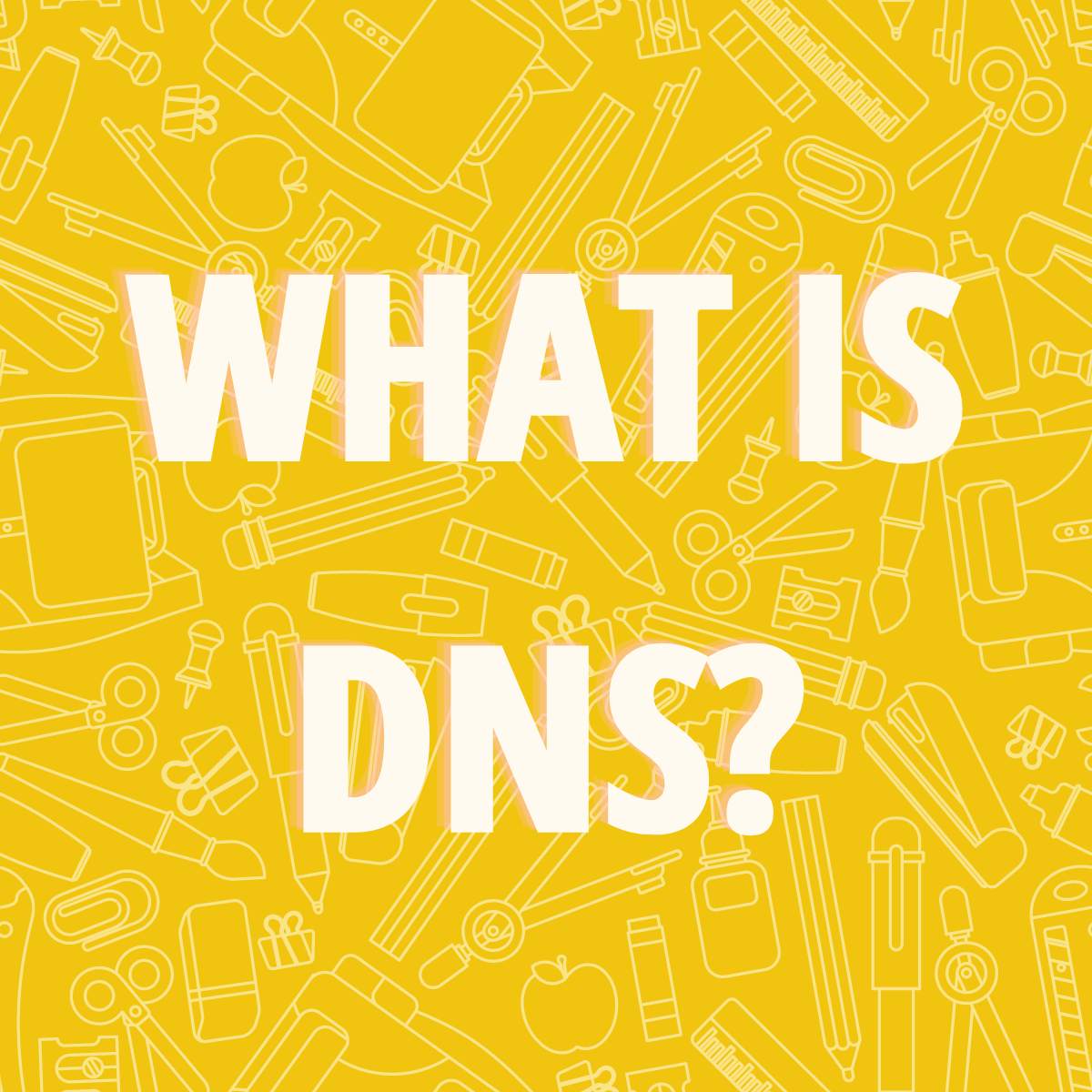
What is DNS?
“The Necessary Teacher Training College” is an alternative higher education aiming to train progressive personalities who are able to understand and respond to the many challenges of our times.
Based in Denmark, our 4-year Bachelor Programme aims to enable its students to become global citizens and proficient educators.
Since DNS was established in 1972, over 1.000 graduates have played an important role in bringing equitable quality education to children and youth, as well as in all sorts of other projects and development programmes worldwide.

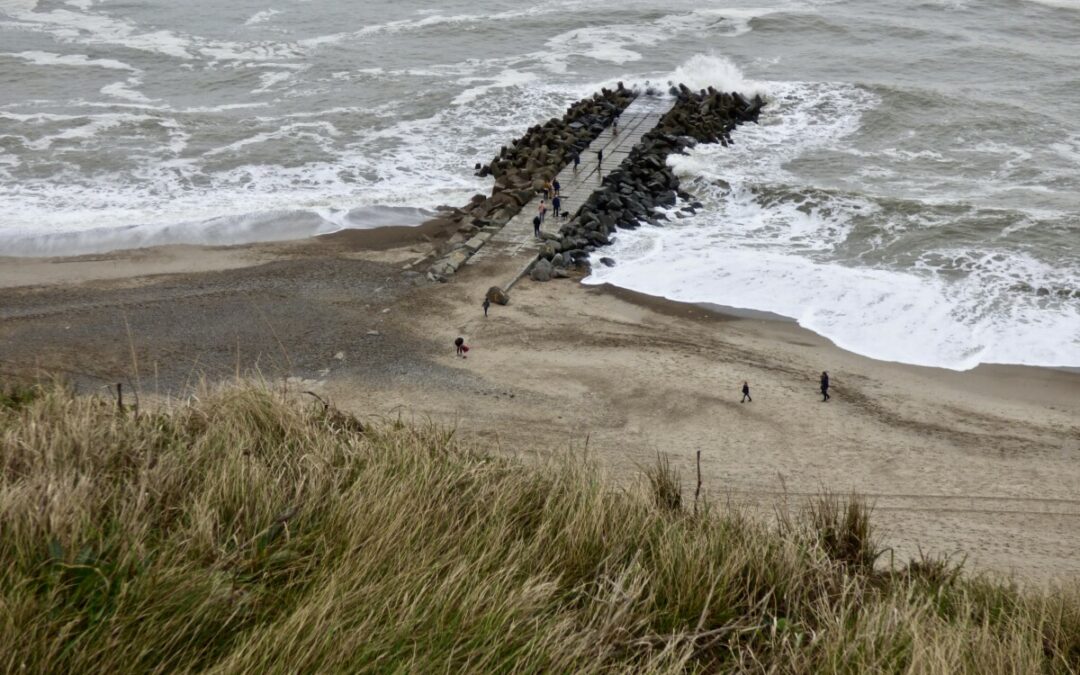
Student experiences: “The white noise around Climate Change”
Information about Climate Change is vastly available – yet there is little we understand and act upon collectively. Are we educated enough to face the upcoming crisis? And do we need a new vocabulary to better understand and interpret this major issue?
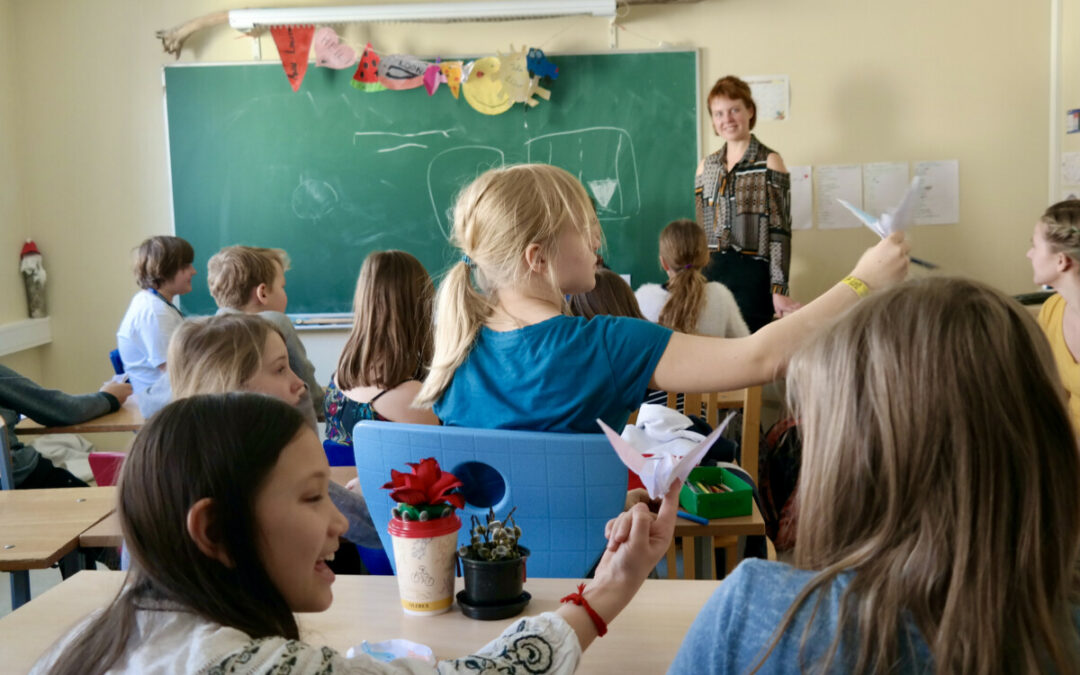
How can we prepare the next generations for the challenges of the future?
What does the future have in store for us? How can we help the next generations to deal with a future of challenges and struggles caused by the failures of the past?

